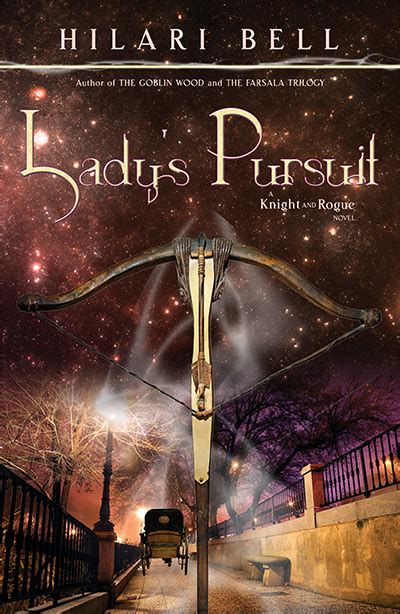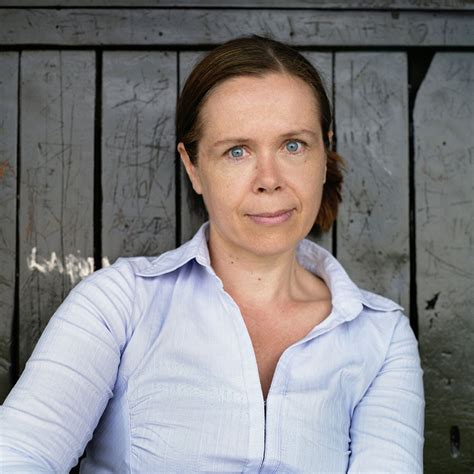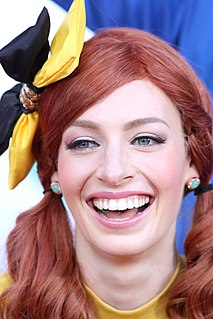A Quote by Ian Mcewan
Four or five years - nothing at all. But no one over thirty could understand this peculiarly weighted and condensed time, from late teens to early twenties, a stretch of life that needed a name, from school leaver to salaried professional, with a university and affairs and death and choices in between. I had forgotten how recent my childhood was, how long and inescapable it once seemed. How grown up and how unchanged I was.
Related Quotes
How late is it? How long have we been sitting here? I look at my watch – three thirty and the day is almost ending. It’s October. All those kids recently returned to classrooms with new bags and pencil cases will be looking forward to half term already. How quickly it goes. Halloween soon, then firework night. Christmas. Spring. Easter. Then there’s my birthday in May. I’ll be seventeen. How long can I stave it off? I don’t know. All I know is that I have two choices – stay wrapped in blankets and get on with dying, or get the list back together and get on with living.
Before I even knew what stand up was, I tried to make people laugh at school because that was how I made friends, so I think that's how I got drawn into comedy and obviously I was just some kid at school being silly, so the first time I saw a professional comedian and how smooth and funny the person was I totally got into standup and I would say obviously Richard Pryor was the guy. He's the greatest of all time and then George Carlin, Sam Kinison, Bill Cosby. It's so weird to bring up his name now but leaving out his off-stage antics... you could learn a lot from him.
I didn’t know how I could live with that knowledge, without it eating me up, without it poisoning every happy memory I had of growing up. Without it ruining everything Beck and I had. I didn’t understand how someone could be both God and the devil. How the same person could destroy you and save you. When everything I was, good and bad, was knotted with threads of his making, how was I supposed to know whether to love or hate him?







































